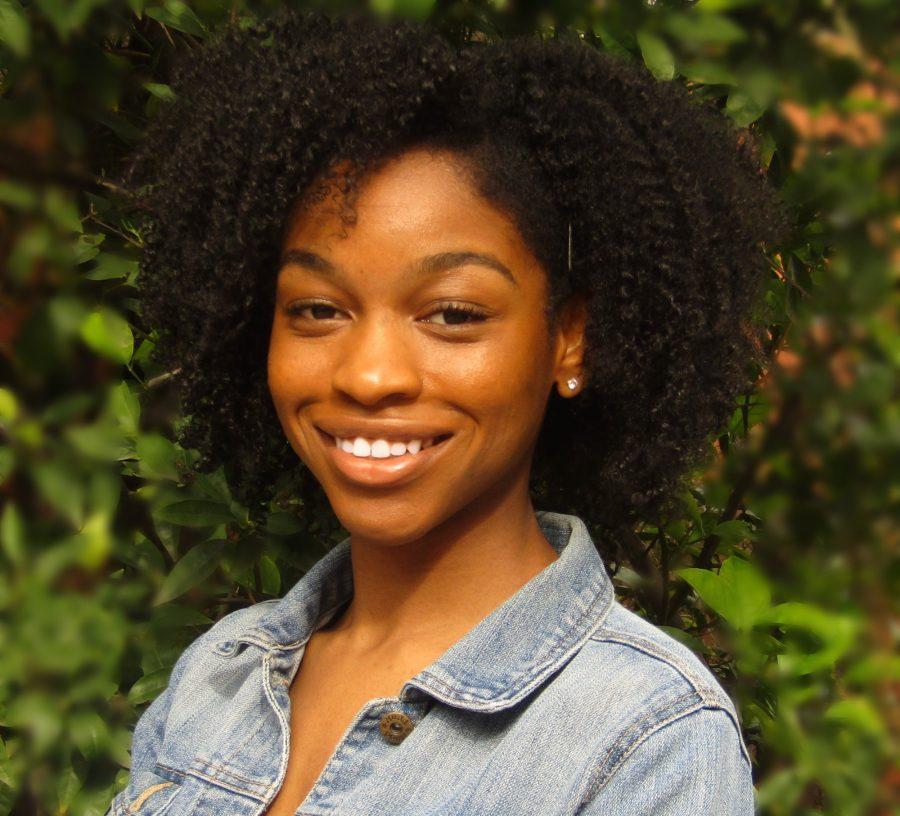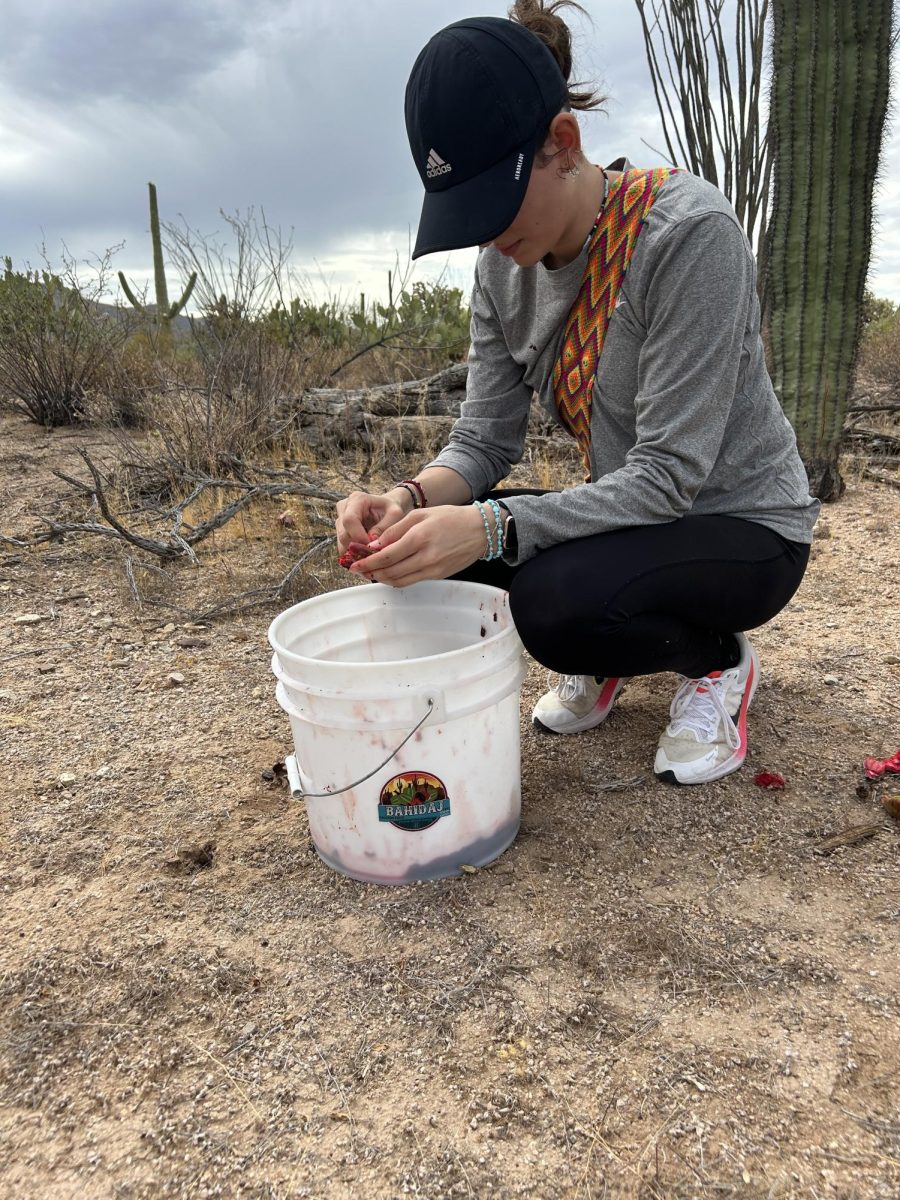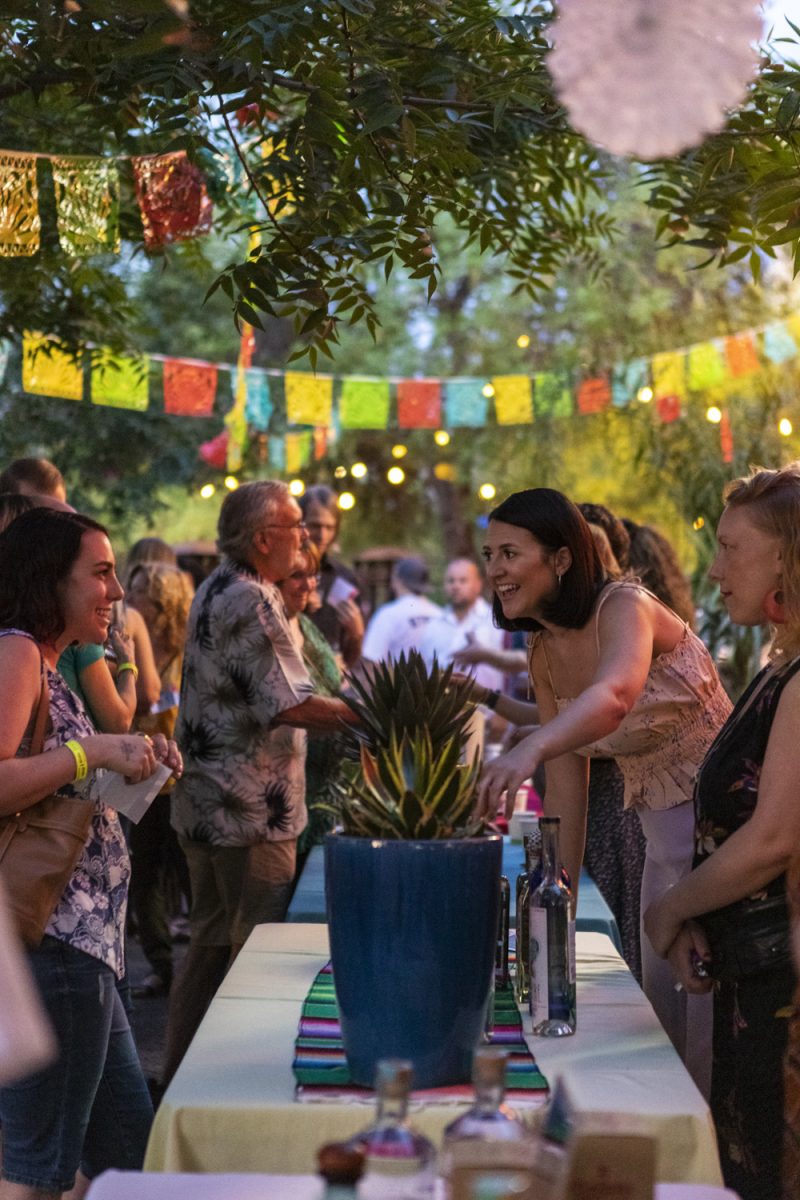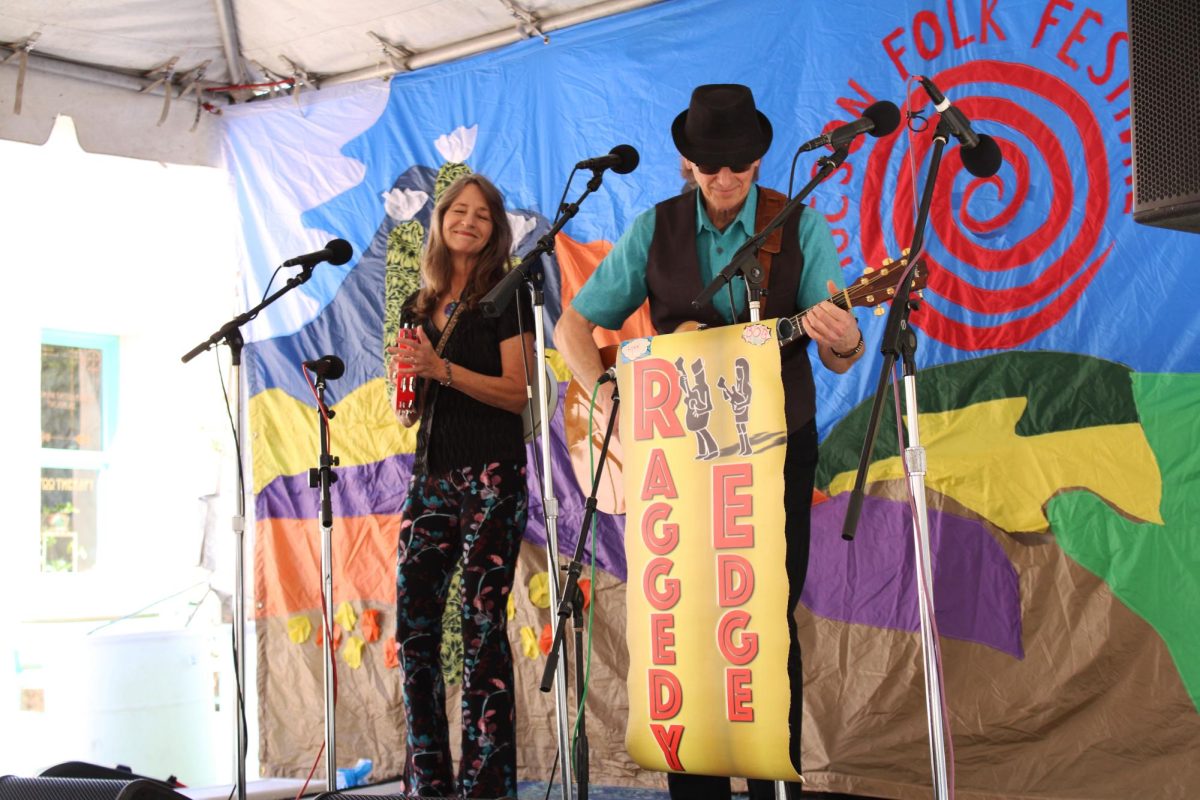The transition to being online has forced professors, students and staff to continue classes remotely. All campus events have been postponed, cancelled or forced to go online as well.
From April 15-24, the School of Theatre, Film and Television reinvented its 8th Undergraduate Research Symposium in a new online format. This year the live, conference-style event that showcases research papers by Bachelors of Arts and Bachelors of Fine Arts students went virtual.
Anna Cooper, an assistant professor for the School of Theater, Film and Television mentioned that the school was worried about how to do the event and how it would go.
“It’s gone incredibly well,” Cooper said via email. “Students were great about pivoting to turn their presentations into videos at short notice.”
According to Cooper, because the event turned virtual, students got more exposure since their presentations are now live online.
“This time we were able to bring the event to an even bigger, broader audience than ever before,” Cooper said in an email. “It was great to be able to give our students’ work even broader appreciation.”
According to the website, this year the Undergraduate Research Symposium themes were “The Savage Domestic,” “Violence & Entertainment,” “Making a Movement” and “Resistances.”
RELATED: UA President Robbins announces in-person classes fall 2020
Challenge Yourself
In “The Savage Domestic” theme, Linda Paola Varela, a film and television and psychology double major, presented her research called Sexploitation Statements: Analyzing Films by Doris Wishman Women’s Roles that won third place for film and television. Varela has been working on her research since February 2019.
Valera struggled with the actual writing of the paper. “There was some insecurity on my part in that I felt like, as an undergrad, any original things I said were not up to par with the scholars I was citing,” Varela said in an email.
Varela challenged herself by arguing the scholar’s points and making her own conclusions. She had to get DVDs in order to watch Doris Wishman’s films, which Varela describes as “relatively obscure.”
Because Varela’s paper got nominated by one of her professors, she decided to accept a spot in the symposium because she considers it important to support research in the arts.
“I would encourage other people in the arts to not shy away from research and theory, especially during their undergraduate careers,” Varela said in an email. “There are so many amazing styles and stylistic techniques and elements that I would’ve never explored or discovered if it weren’t for research.”
RELATED: COVID-19 death rate potentially lower, disproportionately affects minority groups
Embracing Black Heritage
Tiffany Gordon is a UA student majoring in theatre studies and minoring in Africana studies. Gordon focused her research on improvisational theater involving women and African Americans.
Gordon, an African American student, won third place for theatre with her research project, “Ain’t it Funny: Marginalized and Mute in the “Making a Movement.”
“My inspiration came from experiencing the feeling of being overlooked and disregarded due to the color of my skin and the lack of content to prove otherwise,” Gordon said via email.
Gordon started working on her research in fall 2019. She mentioned that because of COVID-19, she had a hard time finishing her paper.
“I had some last-minute mistakes that I wasn’t sure on how to fix,” Gordon said in an email. “I had lost confidence in my work and let’s just say I did not expect to place.”
Her passion for combining both theatre and Africana studies made Gordon to enjoy learning about the history of improv theatre. During the process, Gordon mentioned that her family was her biggest support by helping her to untangle her thoughts.
“I am so grateful to have been part of this year’s Undergraduate Research Symposium,” Gordon said in an email.
RELATED: Students spark Club Penguin resurgence during COVID-19
Judaism in Shakespeare Times
Megan Wiese is a UA student majoring in theatrical design and production with an emphasis in costume design who decide to nominate herself for the symposium this year. According to Wiese, she loves research and the discussion of ideas in a scholarly format.
Since being in a costume designer does not require doing research, Wiese wanted to reinforce her research skills by taking on a new feat.
“I absolutely love doing research. I love the library, I love books,” said Wiese via email. “I love the feeling I get when I have a research question, and from there begin going through books, piecing together the work of different scholars to create a new discussion.”
Wiese won the first place in the “Resistances” theme for theatre with her research project, “Justice and Mercy: History and Religious Ambiguity in Shakespeare’s ‘The Merchant of Venice.” Wiese got her inspiration from a Judaism and Shakespeare class and decided to combine her literary skills and history.
Because the symposium was moved online, Wiese wanted to engage with more visual aspects in her presentation. So, she downloaded Adobe Premiere Pro and taught herself the basics.
“I ended up spending about 30 hours on just video editing, not counting photo editing, recording audio, taking the photos of me, etc.,” Wiese said via email. “I probably spent about 50 hours on just my presentation, not including the months of work that went into the initial paper.”
For the awards ceremony, Jessica Maerz and Cooper created a video to announce the winners of the symposium. Winners also received prize money sponsored by the School of Theater, Film and Television.
Follow Diana Ramos on Twitter















